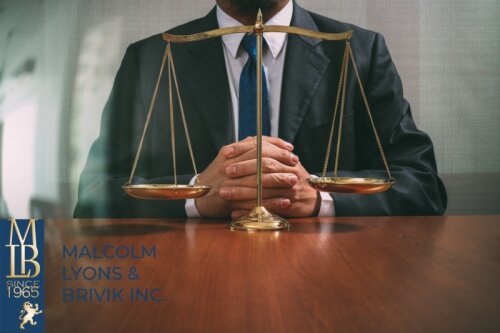Best Appeal Lawyers in Cape Town
Share your needs with us, get contacted by law firms.
Free. Takes 2 min.
List of the best lawyers in Cape Town, South Africa
About Appeal Law in Cape Town, South Africa
Appeal law in Cape Town, and South Africa more generally, is a legal process that allows for the review of a judgement or decision made by a lower court. An appellant challenges the lower court’s decision at a higher court, seeking a reversal or amendment. These higher courts, known as appellate courts, carefully review the case's initial handling for any errors in applying the law, or irregularities in due process. It's critical to understand that new evidence generally cannot be introduced during an appeal; it is a process firmly based on legal arguments.
Why You May Need a Lawyer
An experienced lawyer is essential when seeking an appeal due to the complex nature of the process. Lawyers assist in identifying legal errors made in the initial trial, in drafting compelling legal arguments, and in navigating the often intricate appeal procedures. If you believe you have been wrongfully convicted, or if the court has made a legal error adversely affecting your judgement, hiring an appeals lawyer could be the next appropriate step for you.
Local Laws Overview
In South Africa, the Supreme Court of Appeal (SCA) and Constitutional Court serve as the highest appellate courts. The SCA primarily hears cases on matters of law and mixed questions of law and fact, while the Constitutional Court hears cases concerning constitutional matters and issues. Filing an appeal can be a long-winded process, the application must be submitted within the stipulated time frame and will then be reviewed by the court. If you don't comply with these rules, you risk having your appeal dismissed.
Frequently Asked Questions
1. How long do I have to file an appeal?
In South Africa, a notice of appeal should be filed within 15 court days from the date a judgement or order is granted.
2. Can I present new evidence in an appeals court?
Generally, no. An appeal is a review of the case as it was presented in the lower court. The appeals court decides the case based on the record of the proceedings in the lower court.
3. Is every Case appealable?
No, not every case is appealable. Some judgments and orders can only be appealed with the permission of the court that made them.
4. What happens if I lose my appeal?
If you lose your appeal, depending on the circumstances and complexity of your case, you may be able to appeal to a higher court. For instance, if you lose an appeal at the High Court, you may apply to the Supreme Court of Appeal. However, this is not always possible and having experienced counsel is crucial in making this determination.
5. Do I need a lawyer to file an appeal?
Having a lawyer is not a legal requirement for filing an appeal, but due to the complexity of appeal cases, it is highly advisable. Appeal procedures often have strict rules, and missteps could potentially harm your case.
Additional Resources
The Constitutional Court of South Africa and the Supreme Court of Appeal websites offer some resources and guides on appeal procedures. Furthermore, Legal Aid South Africa provides free legal advice and representation to people who cannot afford it. The Cape Law Society could serve as a starting point if you need to find a lawyer specializing in appeals.
Next Steps
If you're considering filing an appeal, you should seek legal advice as soon as possible due to the tight deadlines involved. Be prepared to provide your lawyer with all the case details, including the judgment. Depending on the advice given, you may proceed with filing a notice of appeal or applying for leave to appeal. Throughout the process, ensure you maintain good communication with your attorney and stay informed about your case's developments.
Lawzana helps you find the best lawyers and law firms in Cape Town through a curated and pre-screened list of qualified legal professionals. Our platform offers rankings and detailed profiles of attorneys and law firms, allowing you to compare based on practice areas, including Appeal, experience, and client feedback.
Each profile includes a description of the firm's areas of practice, client reviews, team members and partners, year of establishment, spoken languages, office locations, contact information, social media presence, and any published articles or resources. Most firms on our platform speak English and are experienced in both local and international legal matters.
Get a quote from top-rated law firms in Cape Town, South Africa — quickly, securely, and without unnecessary hassle.
Disclaimer:
The information provided on this page is for general informational purposes only and does not constitute legal advice. While we strive to ensure the accuracy and relevance of the content, legal information may change over time, and interpretations of the law can vary. You should always consult with a qualified legal professional for advice specific to your situation.
We disclaim all liability for actions taken or not taken based on the content of this page. If you believe any information is incorrect or outdated, please contact us, and we will review and update it where appropriate.
















